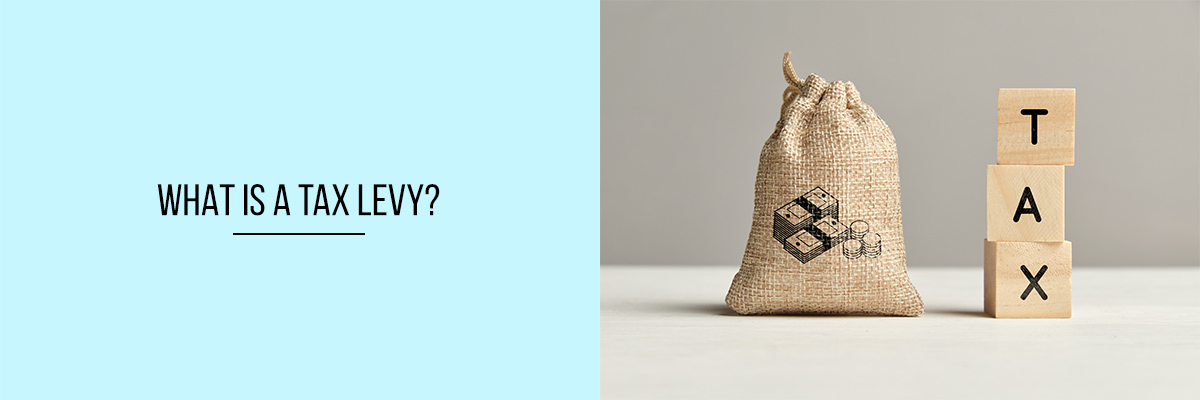A tax levy is an administrative action the IRS takes to seize property in order to satisfy a tax liability. The levy “includes the power of distraint and seizure by any means” depending on the severity of the tax debt. A Tax Levy may be used to collect taxes owed by a taxpayer, such as taxes owed to the federal government, state taxes, and local taxes. A Tax Levy may be initiated by the IRS or by the taxpayer. The IRS may levy any property or assets of a taxpayer, including bank accounts, stocks, bonds, and other investments.



The levy may be initiated without going to court. The tax levy may include the power of distraint and seizure by any means. The tax levy is the appropriate remedy in cases in which the IRS does not believe that the taxpayer can pay the tax liability.
Let’s review what you need to know about tax levies so you can be prepared for your next tax filing.
How a Levy Works
A levy is an assessment of the property of an individual or entity, usually imposed by a government. It is a tax on the properties of a city, town, or other municipality, often levied to raise funds for some specific purpose. The term may also refer to any imposition of a tax. Levies are some of the oldest budgeting tools in the United States.
A levy is different from a lien. A levy seizes the property to settle the tax debt, whereas a lien is a claim used as security for the tax debt. In other words, on the other hand, a lien binds the government’s interest or claim to a business’ or person’s property when the tax debt remains unsettled. A levy authorizes the government to take and sell the property to settle the tax debt.
How to Avoid a Levy
Prevention is the best way to avoid a levy. File the returns on time and pay the taxes when they are due. Request an extension if you need more time to file the tax. If you cannot make a full payment, reach the IRS and systematize to pay the balance in installments.
Final Words
Tax levies are a legal way for the IRS to collect on a tax debt. It is a seizure of your property to satisfy a tax debt. A tax levy usually means the IRS has levied your bank account.
In order to prevent a levy from occurring, it is best to pay your taxes as they come due. If you already have a tax lien or a levy, there are a number of ways to get help. Attend the Compliance Prime webinar to learn more about tax levy.


